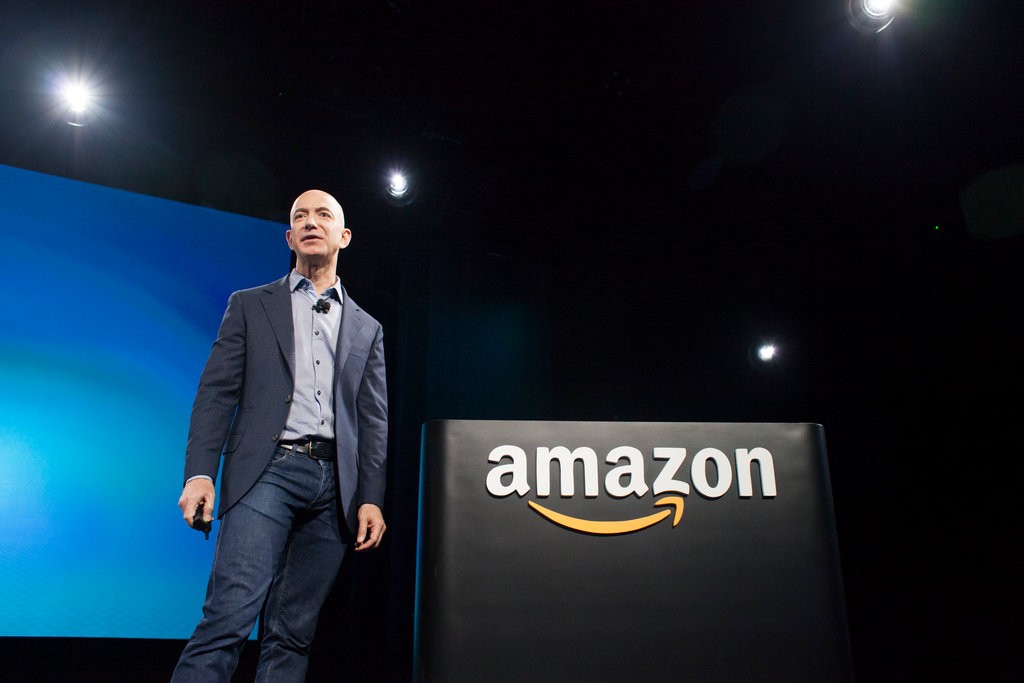When Apple’s market value crossed a trillion dollars last month, the reason was simple, it makes devices that a lot of people are willing to spend a l
When Apple’s market value crossed a trillion dollars last month, the reason was simple, it makes devices that a lot of people are willing to spend a lot of money on. Now Amazon has become the second American company to cross that once-unimaginable line. Its shares rose as high as $2,050.50 on Tuesday morning, pushing it over $1 trillion in value, before immediately falling back and then ending the day at $2,039.51, below the $1 trillion threshold. Amazon’s founder and chief executive, Jeff Bezos, is worth nearly as much as Bill Gates and Warren E. Buffett put together.
Amazon captures 49 cents of every e-commerce dollar in the United States. It employs more than 550,000 people and generates $178 billion in annual revenue. It sells everything from computing space to peanut butter to appointments with plumbers. But the thing it has always sold the most to investors, customers, the news media. In the beginning, Amazon was an exciting new way to shop for books: online. Then it was an exciting new way to read (Kindle e-books), an exciting new way to publish (CreateSpace), an exciting new way to power the internet (Amazon Web Services), an exciting new way to get deliveries (Amazon Prime), an exciting new way to make your house a high-tech outpost (Alexa).
Long before Amazon went to Hollywood and began making movies, it was the star of its own show, generating vast amounts of attention just for being Amazon. No other company had ever managed to turn its lack of profit into such effective drama, or the question of what its next move would be. Public companies usually live under the tyranny of Wall Street, which prizes profits to the exclusion of all else. When Bezos went public in 1997, he made it clear that he would not work for Wall Street, and the result was a company cast in an entirely different mold. It never feared losing money. In a real sense, there were no consequences for being wrong.
